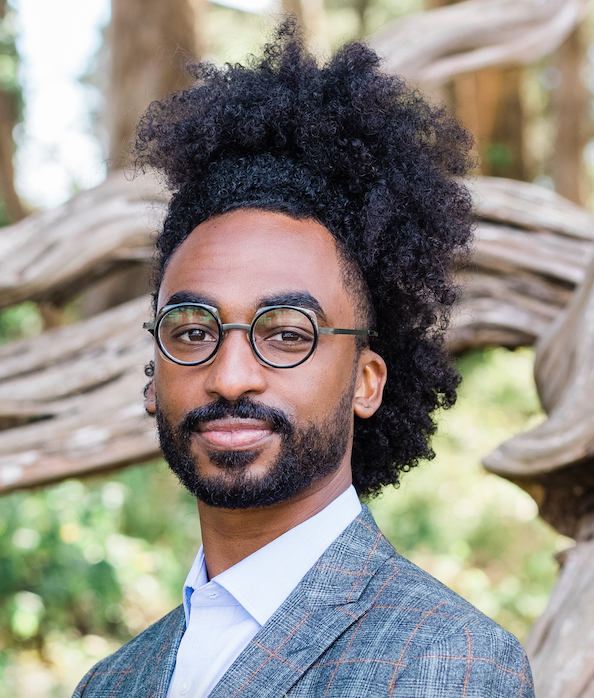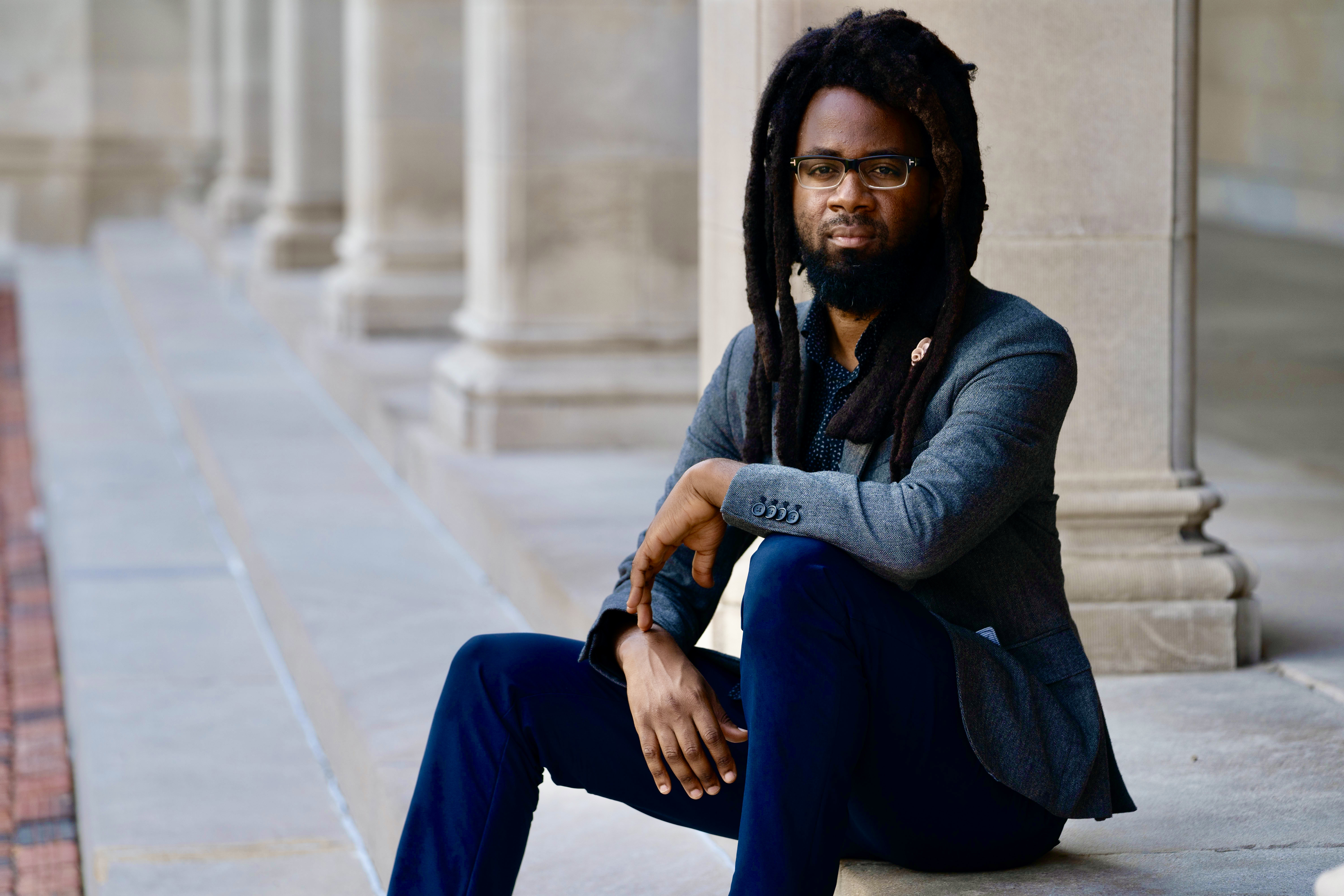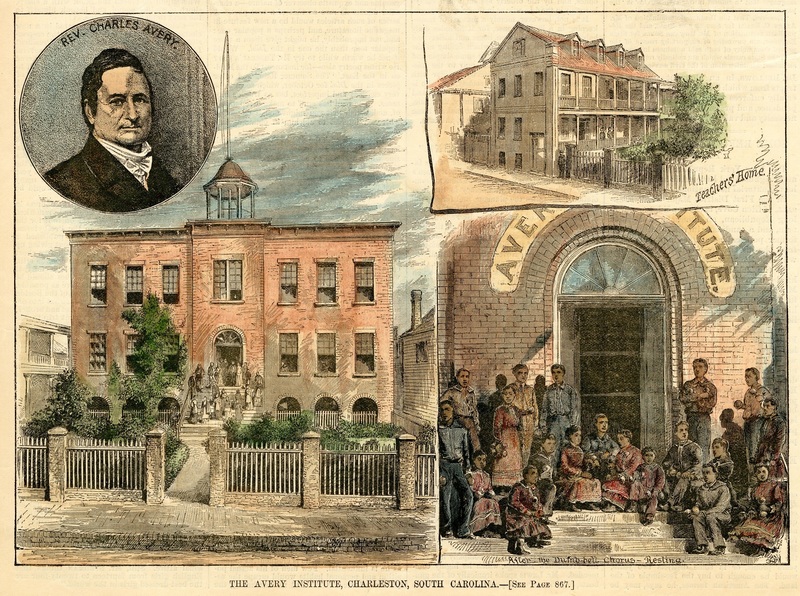Race Equity and Inclusion
On October 5, 2020, the Department of History at the College of Charleston approved its Diversity and Inclusion Statement, in which it responded to both the recent protests in support of Black lives and the College of Charleston’s own Historical Review Taskforce.
In its Diversity and Inclusion Statement, the Department of History acknowledged its own historical shortcomings in its commitment to diversity and inclusion and made a commitment to transparently take concrete steps in order to support Black and other marginalized voices in the department and in its class offerings. This included offering antiracism training for all department faculty; these training sessions began in August of 2021. The Departmental Diversity and Inclusion Action Plan lists the concrete steps the department committed to pursuing, and which it continues to implement.
 Our 4th annual Black History Month Lecture took place on February 29, 2024. It was called, "Black and Indigenous Solidarities & Antagonisms," and was presented by Dr. Alaina Roberts, Associate Professor of History at the University of Pittsburgh.
Our 4th annual Black History Month Lecture took place on February 29, 2024. It was called, "Black and Indigenous Solidarities & Antagonisms," and was presented by Dr. Alaina Roberts, Associate Professor of History at the University of Pittsburgh.  Our 3rd Annual Black History Month Lecture, "Black Women's History as American History and the Everyday Struggles over Liberty and Justice," was presented by Dr. Tamika Nunley, Associate Professor of History at Cornell University, and was held on February 15, 2023.
Our 3rd Annual Black History Month Lecture, "Black Women's History as American History and the Everyday Struggles over Liberty and Justice," was presented by Dr. Tamika Nunley, Associate Professor of History at Cornell University, and was held on February 15, 2023.
 Our inaugural Black History Month lecture took place on February 16, 2021. It was called, “Uncontrollable Blackness: African American Men and Criminality in Jim Crow New York,” and featured Dr. Douglas Flowe, Assistant Professor of History at Washington University in St. Louis.
Our inaugural Black History Month lecture took place on February 16, 2021. It was called, “Uncontrollable Blackness: African American Men and Criminality in Jim Crow New York,” and featured Dr. Douglas Flowe, Assistant Professor of History at Washington University in St. Louis. This virtual roundtable discussion took place on November 19, 2020. Organized by Dr. Rachel Donaldson and Dr. Elisa J. Jones, the roundtable was designed to meet the needs of local public history practitioners and graduate students interested in diversity, equity, and inclusion as a practice. Bringing together experts in local public history, oral history, archives, museums, and digital history, this conversation addresses the problem of developing antiracist public history digital initiatives and provides a map of best practices for antiracist education and long-term planning in local public history. While the discussion is wide-ranging, the examples are based in Charleston and the Lowcountry region.
This virtual roundtable discussion took place on November 19, 2020. Organized by Dr. Rachel Donaldson and Dr. Elisa J. Jones, the roundtable was designed to meet the needs of local public history practitioners and graduate students interested in diversity, equity, and inclusion as a practice. Bringing together experts in local public history, oral history, archives, museums, and digital history, this conversation addresses the problem of developing antiracist public history digital initiatives and provides a map of best practices for antiracist education and long-term planning in local public history. While the discussion is wide-ranging, the examples are based in Charleston and the Lowcountry region.